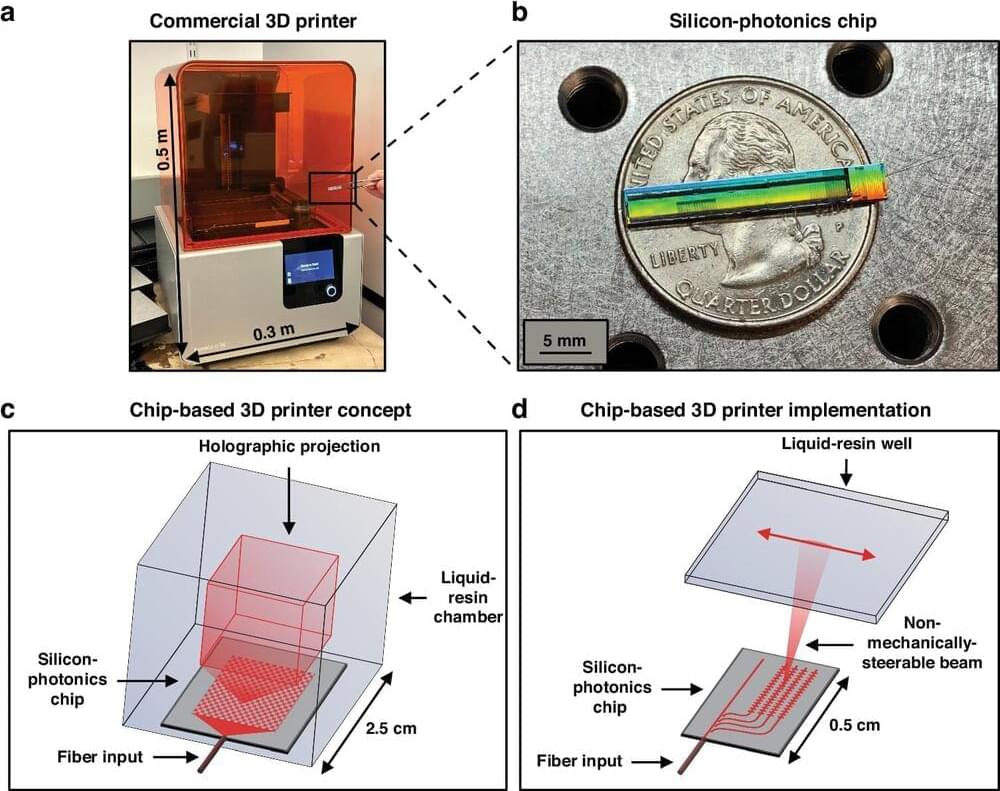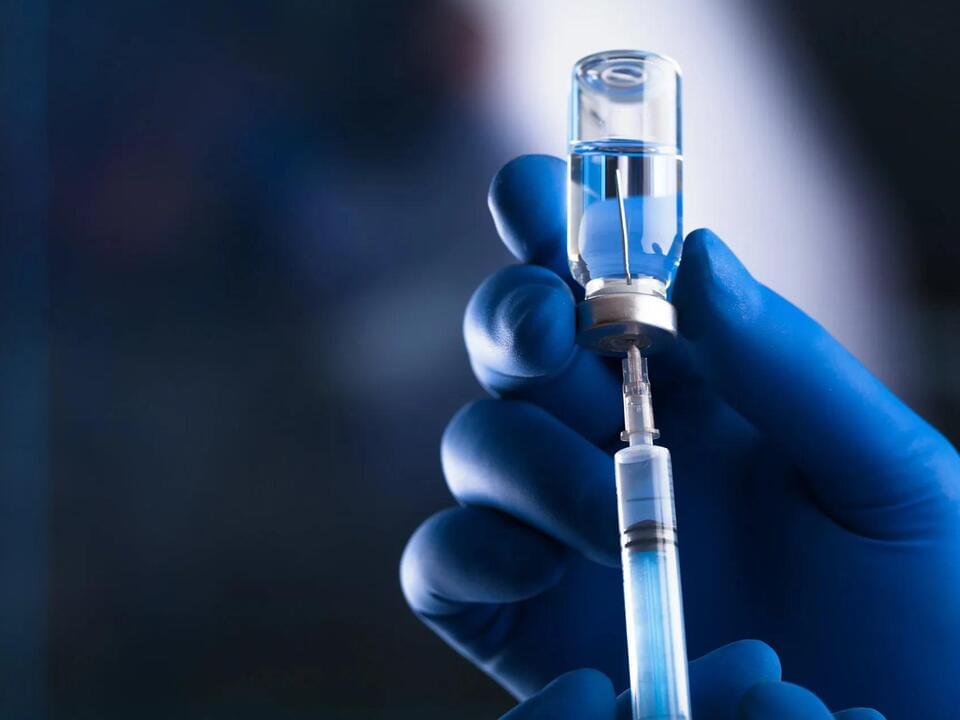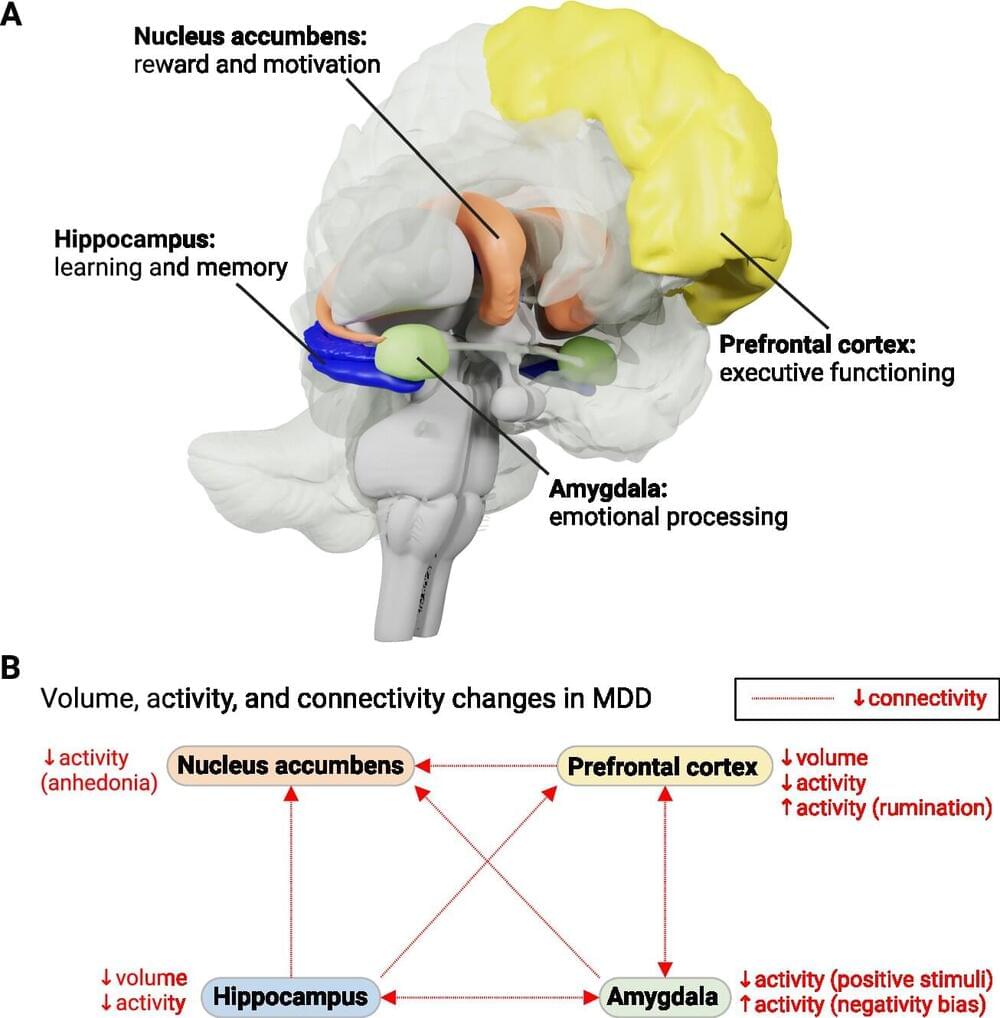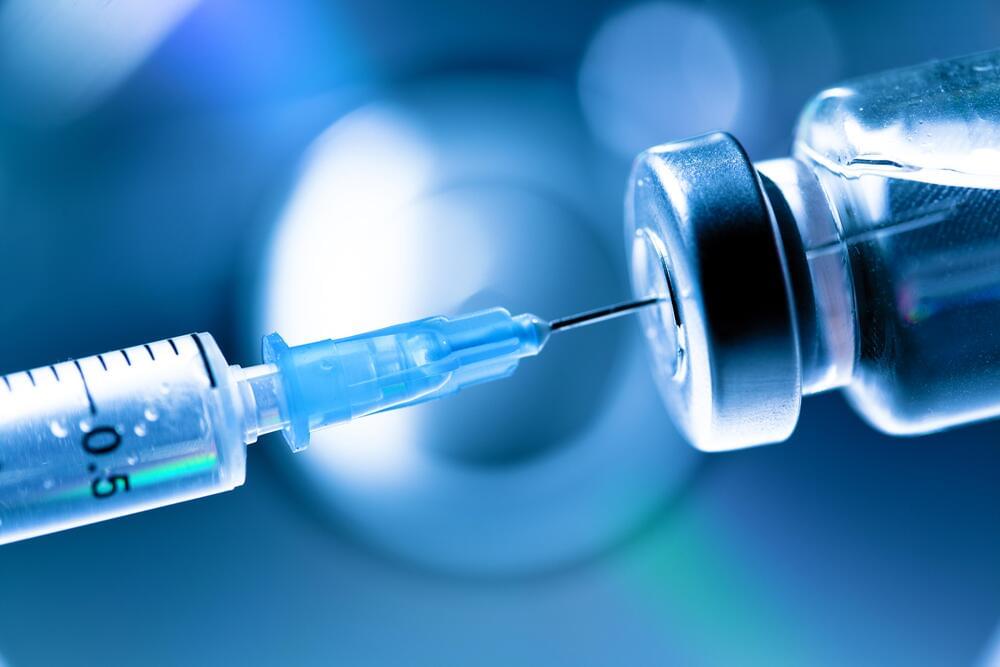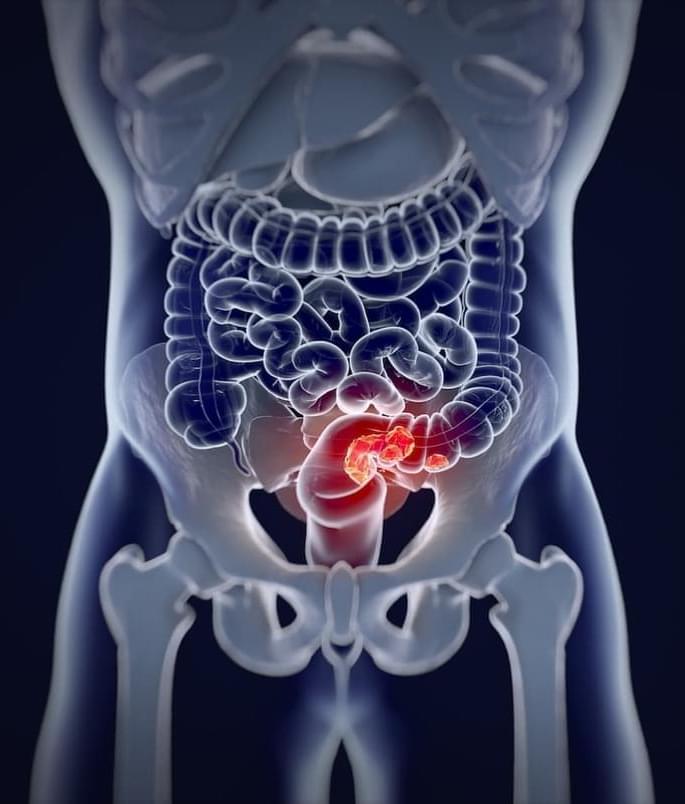GCC19CART has previously been evaluated in an investigator-initiated clinical trial (ChiCTR2000040645) in China for the treatment of relapsed/refractory metastatic colorectal cancer (r/r mCRC).2 Data from that trial showing improvements over standard of care (SOC) third-line therapies were presented at the American Association for Cancer Research (AACR) Annual Meeting 2023, held April 14–19, 2023, in Orlando, Florida. Among the 21 patients included in the efficacy analysis, superior results were observed in patients (n=8) who received the higher dose level (2×106 CAR-T cells/kg; DL2) than in patients (n=13) who received the lower dose level (1×106 CAR-T cells/kg; DL1). The objective response rate was 50% (n=4) for DL2, 15% (n=2) for DL1, and 29% (n=6) for all patients.
“The new AE specific to this product is diarrhea because the target is guanylate cyclase 2C (GCC), which plays a role in intestinal homeostasis… So, that’s expected, theoretically,” Victor Lu, PhD, the chief technology officer of Innovative Cellular Therapeutics, who presented the data, said during his presentation.2 “Most patients treated with this product experienced diarrhea, but it can be controlled and because of the diarrhea management most of the patients actually recovered very quickly.”
GCC19CART targets both GCC and CD19.1 It was designed using ICT’s CoupledCAR platform, which combines 2 CAR T cells engineered to release cytokines that are thought to promote proliferation and infiltration.3 The platform was designed following observations that CD19-directed CAR T cells also stimulated the immune system, which could lead to increase proliferation for other CAR T cells, specifically those directed toward solid tumor antigens, like GCC.
